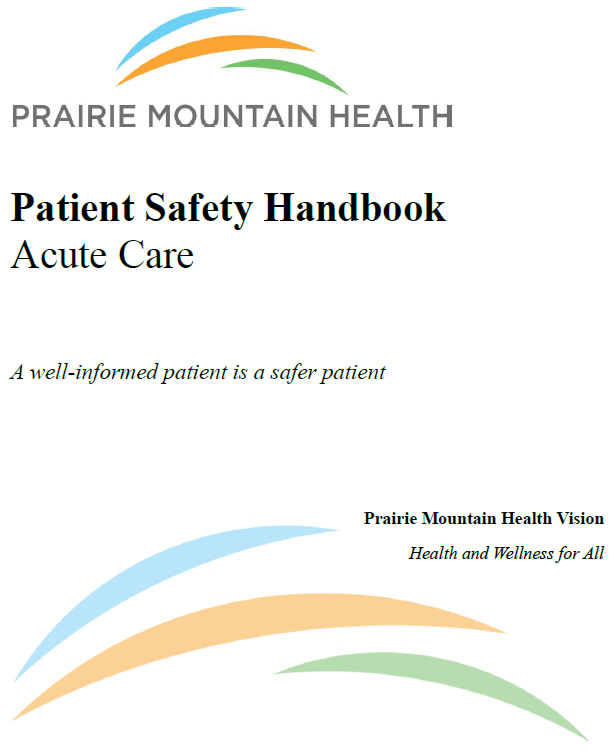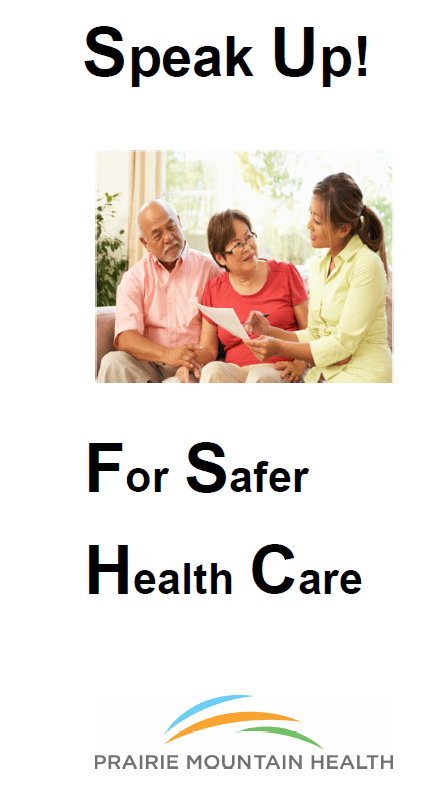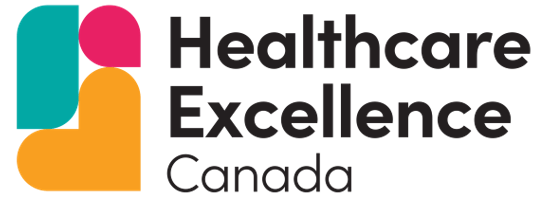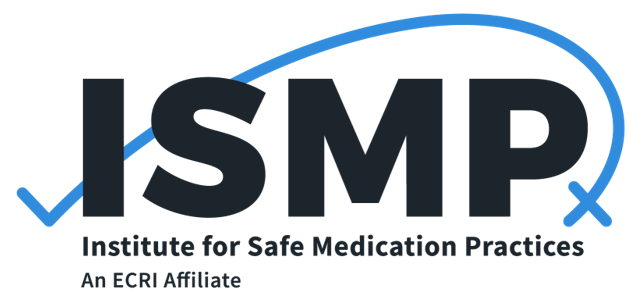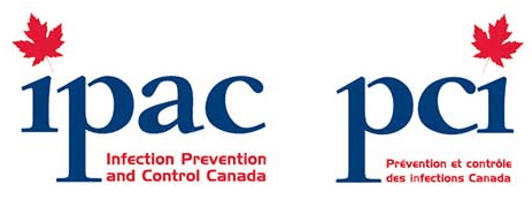Patient Safety
Our Purpose: Safe quality care and risk reduction is achieved throughout Prairie Mountain Health.
Our Aim: To promote organizational culture of safety and continuous improvement through leadership, facilitation, education and capacity building of: Innovation and Quality Improvement, Patient Safety, Risk Management, Patient and Staff Engagement.
Acute Care Patient Safety Handbook
The Acute Care Patient Safety Handbook has been developed to inform and educate patients and families about their role in safety.
It is important that patients know what they can do to ensure they have a safe stay while receiving care in our facilities.
Speak Up Pamphlet
Prairie Mountain Health (PMH) is committed to inform and educate clients and families in writing and verbally about the client and family’s role in promoting safety.
Inviting PMH clients and families to be partners in achieving safe care is needed.
This pamphlet is one way to assist with promoting this desired partnership.
It’s Safe to Ask
It’s Safe to Ask encourages patients and families to request the information they need in order to become active participants in their care. It includes easy-to-read materials for patients. Healthcare providers can also use this information with patients and families. Read more.
Medication Safety
Patients are encouraged to ask questions about any medications they are prescribed. The resources below can help patients have a conversation with their health-care provider about their current prescriptions. Read more.
Choosing Wisely
“Choosing Wisely” is a campaign to help health-care providers and patients talk about what tests, treatments and procedures are supported by research, are free from harm, are truly necessary, and right for patients. Choosing Wisely calls upon leading medical specialty societies and other organizations to identify tests or procedures commonly used in their field whose necessity should be questioned and discussed with patients.
Choosing Wisely Canada has many patient-friendly materials, meant to help patients learn about tests, treatments, and procedures and to question, when they are necessary and when they are not, and what patients can do to improve their health.
Choosing Wisely Manitoba works with clinicians, patients, researchers and health care leaders to help them engage in conversations about unnecessary tests, treatments and procedures, with the intention of facilitating high-quality care for Manitobans.
Falls Prevention
Falls are the leading cause of injury-related hospital admission and death among older Canadian adults, and the leading cause of hospital admission for injury amongst babies and children aged 1 to 14.
Many falls can be prevented through understanding the risk factors and taking action. Read more.
Patient Safety Reports
In a culture of patient safety, everyone is encouraged to report and learn from patient safety incidents, including harmful, no-harm, and close calls. The Prairie Mountain Health Incident Reporting System is simple (few steps), clear (what needs to be reported, how to report, and to whom), confidential, and focused on system improvements. Clients and families may report patient safety incidents differently than staff members, but everyone is encouraged to report.
The immediate response to a patient safety incident is to address the urgent care and support needs of those involved and take action to reduce any risk of imminent recurrence.
Analyzing patient safety incidents to look for patterns or trends, can yield helpful information, as can analyzing incidents in isolation.
Communicating patient safety reports (e.g. with clients and families, governance, leadership, clinical teams, and external partners) builds confidence in the incident management system and promotes learning from patient safety incidents.
For more information on patient safety reports, go to Manitoba Health, Seniors and Active Living’s Patient Safety webpage.
Reporting A Critical Incident
When people receive health care services, they expect safe care. Health care providers try to do their best but unexpected things can happen to patients that results in unintended harm.
What is a critical incident?
A critical incident is an unintended event that occurs when health services are provided to an individual and result in an effect to him or her that:
- Is serious and undesired, such as death, disability, injury or harm, unplanned admission to hospital or unusual extension of a hospital stay; and
- Does not result from the individual’s underlying health condition or from a risk inherent in providing the health services. This means the unintended event does not result from the patient’s illness or the risk in treating the illness but from the health care provided.
What is disclosure and how are critical incidents reported?
When health care providers discuss the facts about a critical incident with the patient, this process is called disclosure. We are sorry that a critical incident has occurred and we want to provide you with an explanation of what has happened to foster an environment of openness, trust and transparency in our health care system.
What you can expect after critical incident has been identified/reported?
Once a critical incident has been identified and reported, we will complete disclosure that includes:
- the facts of what actually happened as they become known
- how this event will impact on your health
- the actions taken or to be taken to deal with the results of the critical incident. This may include any health services, care or treatment advised for the patient
- investigate the incident to learn how to prevent the same thing from happening to someone else
- report these findings to Manitoba Health, Seniors and Active Living. As part of the investigation outcomes, recommendations for improvements are shared provincially to promote and share learning from critical incident reviews.
We value, support and respect your contribution in sharing details about a critical incident. We want to partner with you to learn and improve our health care system.
If you feel a critical incident may have occurred and needs to be reported, contact our Patient Comment Line at 1-800-735-6596 or 204-578-2104 or email your concern to [email protected].
Patient Safety Week
Canadian Patient Safety Week is a national, annual campaign that started in 2005 to inspire extraordinary improvement in patient safety and quality. As the momentum for promoting best practices in patient safety has grown, so has the participation in Canadian Patient Safety Week. Canadian Patient Safety week is relevant to anyone who engages with our healthcare system: providers, patients, and citizens. Working together, thousands help spread the message to Ask. Listen. Talk.
Canadian Patient Safety Week is held each year at the end of October.


